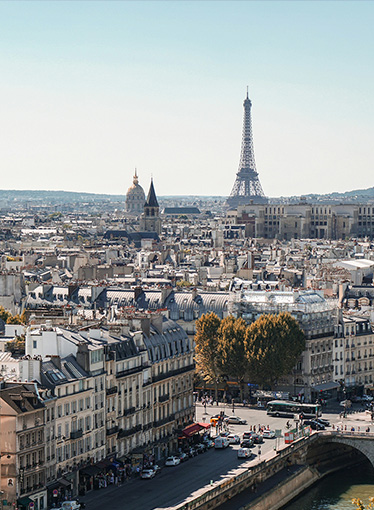Evacuations from High-Risk Locations Call +44 (0)1202 308810 or Contact Us →

Gilets Jaunes Protests Continue Across France
10 Dec 2018
An update on anti-government protests which continued for a fourth week, resulting in violent clashes between police and demonstrators. The capital, Paris, experienced the most destructive demonstrations on Saturday, resulting in widespread disruption.
Key Points
- Anti-government protests continued for the fourth week, resulting in violent clashes between police and demonstrators. The capital, Paris, experienced the most destructive demonstrations on Saturday, resulting in widespread disruption.
- Weekly protests have attracted as many as 250,000 participants across the country leading to three fatalities. French police and gendarmes have deployed tear gas, water cannon and stun grenades in an effort to disperse protesters in key locations.
- French President Emmanuel Macron is facing calls to resign; elsewhere there are calls to implement tax cuts or other measures in an effort to calm recent unrest.
Solace Global Analysis
Civil Unrest: Despite backing down on the increase in fuel tariffs, French President Macron faced a fourth weekend of protests; mainly focusing on the French capital. These protests are putting intense pressure on the president with French Finance Minister Bruno Le Maire claiming that the unrest is creating a “catastrophe” for the French economy. In response, Macron is set to hold talks with business leaders and trade unions today (10 December) as well as addressing the nation at 20:00 CET in the hope of bringing to an end the recent unrest. However, as the movement has no real organised leader and appears largely organic, it is proving difficult for politicians to negotiate with a central leadership.
While the main protest events have been focusing on Paris on Saturdays, there were also demonstrations in other areas of the country. On 8 December widespread protests took place in the Lyon, Saint-Etienne and Bordeaux. Smaller protests have occurred throughout the country focusing on local roundabouts and at junctions; causing traffic disruption. In most cases, the protesters wear gas masks and some form of eye protection. While these measures are mainly for self-protection against police tear gas; they can be intimidating to motorists and travellers and are adding to the hostile environment.
The protests have also been causing disruption to petrol supplies in the country; especially diesel. At the time of writing, just over 370 stations were completely out of petrol across the country, with just under 600 stations seeing shortages of some kind. Further fuel shortages remain likely as they remain dependent on talks between Macron’s government and business leaders and trade unions. Should the talks go well, it is hoped these groups will support the government and, in turn, deter protesters from turning out in such great numbers; reducing the momentum of the movement. It is believed that Macron is also planning tax cuts to working- and middle-class demographics in an effort to appease demonstrators.
However, should the talks go badly, it is highly likely that the president could be forced to face difficult questions about his position; though his resignation remains unlikely. The unrest will likely have a wider impact on the current political environment within Europe, driving populist rhetoric on issues such as the EU and immigration. It remains unclear how much Macron and his government will have to succeed to demands in order to calm the protests. It remains possible that protests will drive new government led policies within France, that focus on standards of living and disposable income.
France’s problem an EU problem: The recent protests in France appear to be reflective of a wider European challenge. Increasingly large demographics, often situated outside major urban centres, are feeling dislocated from the political process that is impacting their lives. This has manifested in different ways across the continent with Britain seeing Brexit, the recent losses suffered by Merkel’s main Christian Democratic Union in Germany. These anxieties have been fuelled by stagnant wages, permanent unemployment, rising inequality and mass immigration. The fear now is these protests could lead France towards a more populist, maybe far-right, government which would be anti-EU (especially concerning for leaders in Brussels).
Going Forward: In the coming days there is a planned student protest (11 December), agricultural workers protest (12 December) and a transportation strikes nationwide (13-15 December); not including the potential for further riots on Saturday (15 December) in Paris and across the country.